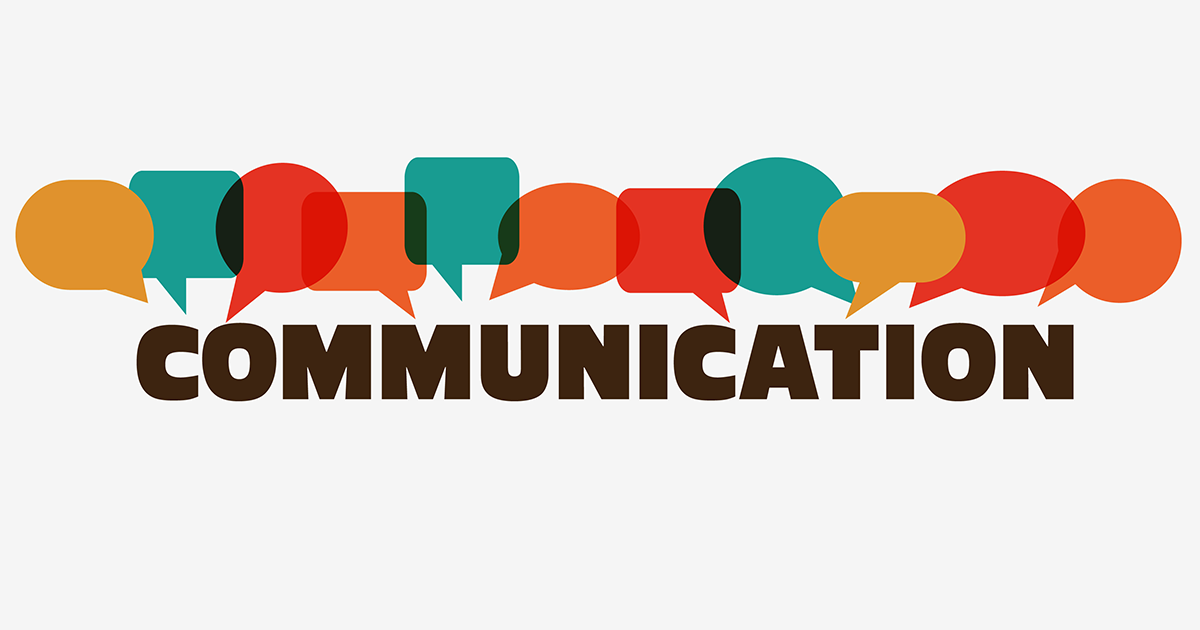Was That Wrong? is a semi-regular column on Ethical Grounds. The column features stories of the absurd & outrageous from the world of legal ethics and attorney discipline. My aim is to highlight misconduct that I hope you’ll instinctively avoid without needing me to convene a continuing legal education seminar that cautions you to do so.
The column is inspired by the “Red Dot” episode of Seinfeld. In the episode, George Costanza has sex in his office with a character known only as “the cleaning woman.” His boss finds out. Here’s their ensuing exchange :
(Scene) In the boss’ office.
- Boss: I’m going to get right to the point. It has come to my attention that you and the cleaning woman have engaged in sexual intercourse on the desk in your office. Is that correct?
- George: Who said that?
- Boss: She did.
- George: Was that wrong? Should I have not done that? I tell you I gotta plead ignorance on this thing because if anyone had said anything to me at all when I first started here that that sort of thing was frowned upon, you know, cause I’ve worked in a lot of offices and I tell you people do that all the time.
- Boss: You’re fired.
- George: Well you didn’t have to say it like that.
The full script is HERE. The scene is HERE.

Today’s entry involves the Florida Supreme Court’s order disbarring an attorney who hired someone who, during the job interview, stated he had been convicted of federal wire fraud & disbarred. The hiring attorney then put the applicant in charge of the trust account.
Believe it or not, the story gets worse.
The order is here. It was covered by the ABA Journal, the Legal Profession Blog, and Law.Com’s Daily Business Review.
- Court: We’ll get right to the point. It’s come to our attention that you hired an employee who told you that he was both a CPA and a lawyer who had been disbarred after being convicted of federal wire fraud.
- Lawyer: Ok.
- Court: Not that it matters, but it turns out that he had never been a CPA or lawyer.
- Lawyer: So I’ve heard.
- Court: It’s also come to our attention that shortly after you interviewed him, his federal probation officer informed you he’d been convicted of 11 counts of wire fraud, sentenced to 41 months imprisonment, 5 years of probation, and ordered to make nearly $8 million in restitution.
- Lawyer: Ok.
- Court: And that the probation officer informed you that he felt it inappropriate for your new employee to be working at a law firm, then made you sign a form acknowledging that you’d been made aware of the risk of hiring him.
- Lawyer: Who said that?
- Court: We’ve seen the form. We’ve also learned that 5 months after you hired him, your employee stole $20,000 from trust. You fired him, but then rehired him, and that you lied to his probation officer about the incident.
- Lawyer: Ok.
- Court: Finally, it’s come to our attention that you delegated all aspects of trust account management to him, attributed his increasingly lavish lifestyle to his girlfriend, and didn’t notice as he misappropriated more than $4 million from trust between 2010 and 2014.
- Lawyer: Was that wrong? Should I have not done that? I tell you I gotta plead ignorance on this thing because if anyone had said anything to me at all when I first started here that that sort of thing was frowned upon, you know, cause I’ve worked in a lot of offices and I tell you people do that all the time.
- Court: Disbarred.
- Lawyer. Well, you didn’t have to say it like that.
Here are the previous entries in Was That Wrong?
- Conspiring with police to have your paralegal set up opposing counsel for a DUI mid-trial
- Bringing a gun to your disbarment hearing
- Sexting a Client
- Defrauding Investors, with Client Funds as Collateral
- Outrageous Falsehoods on a Resume
- Judge Orders Attorney Handcuffed to Jury Box
- Swearing at a Judge who Overrules Your Objection
- Forging Judges’ Signatures
- Representing Plaintiff & Defendant . . . and sleeping with Defendant
- Prosecutor Snoops on Conversations between Defendant & Defense Counsel
- Smuggling toothbrushes and pepper spray to an incarcerated client
- Framing a volunteer at your kid’s elementary school for drug possession
- Forging Wiretap Orders to Spy on a Romantic Rival
- Cannabis (In)Competence
- Inexplicable Incompetence and a Thomas Jefferson Costume










